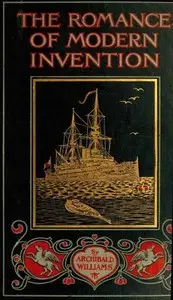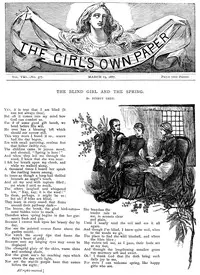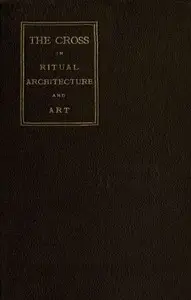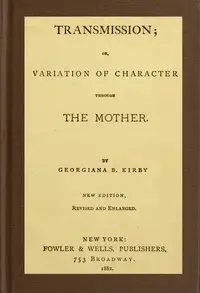"St. Paul's Epistle to the Romans: A Practical Exposition. Vol. I" by Charles Gore is a theological commentary written in the late 19th century. This work aims to provide a practical understanding of St. Paul's letter to the Romans, addressing the complexities and misconceptions surrounding its key themes, such as justification by faith and the moral implications of sin. Through this exposition, Gore seeks to make the text accessible to educated readers who may not have a scholarly background. The opening of this volume introduces the context and significance of St. Paul's Epistle to the Romans. Gore explains the background of the letter, emphasizing that it was written to Christians in Rome, a community that had formed without direct apostolic influence. He highlights how St. Paul’s message contains profound theological principles, specifically the concept of justification by faith, and how it serves both to confront the prevailing moral and social issues of the time and to unify Gentile and Jewish believers in the early Church. St. Paul’s intent is to clarify that salvation is accessible to all, regardless of their cultural backgrounds, and he expresses a deep desire to visit the Roman Christians to share spiritual gifts and encouragement. (This is an automatically generated summary.)

St. Paul's Epistle to the Romans: A Practical Exposition. Vol. I
By Charles Gore
"St. Paul's Epistle to the Romans: A Practical Exposition. Vol. I" by Charles Gore is a theological commentary written in the late 19th century. This ...
Charles Gore was a Church of England bishop, first of Worcester, then Birmingham, and finally of Oxford. He was one of the most influential Anglican theologians of the 19th century, helping reconcile the church to some aspects of biblical criticism and scientific discovery, while remaining Catholic in his interpretation of the faith and sacraments. Also known for his social action, Gore became an Anglican bishop and founded the monastic Community of the Resurrection as well as co-founded the Christian Social Union. He was the chaplain to Queen Victoria and King Edward VII.
















